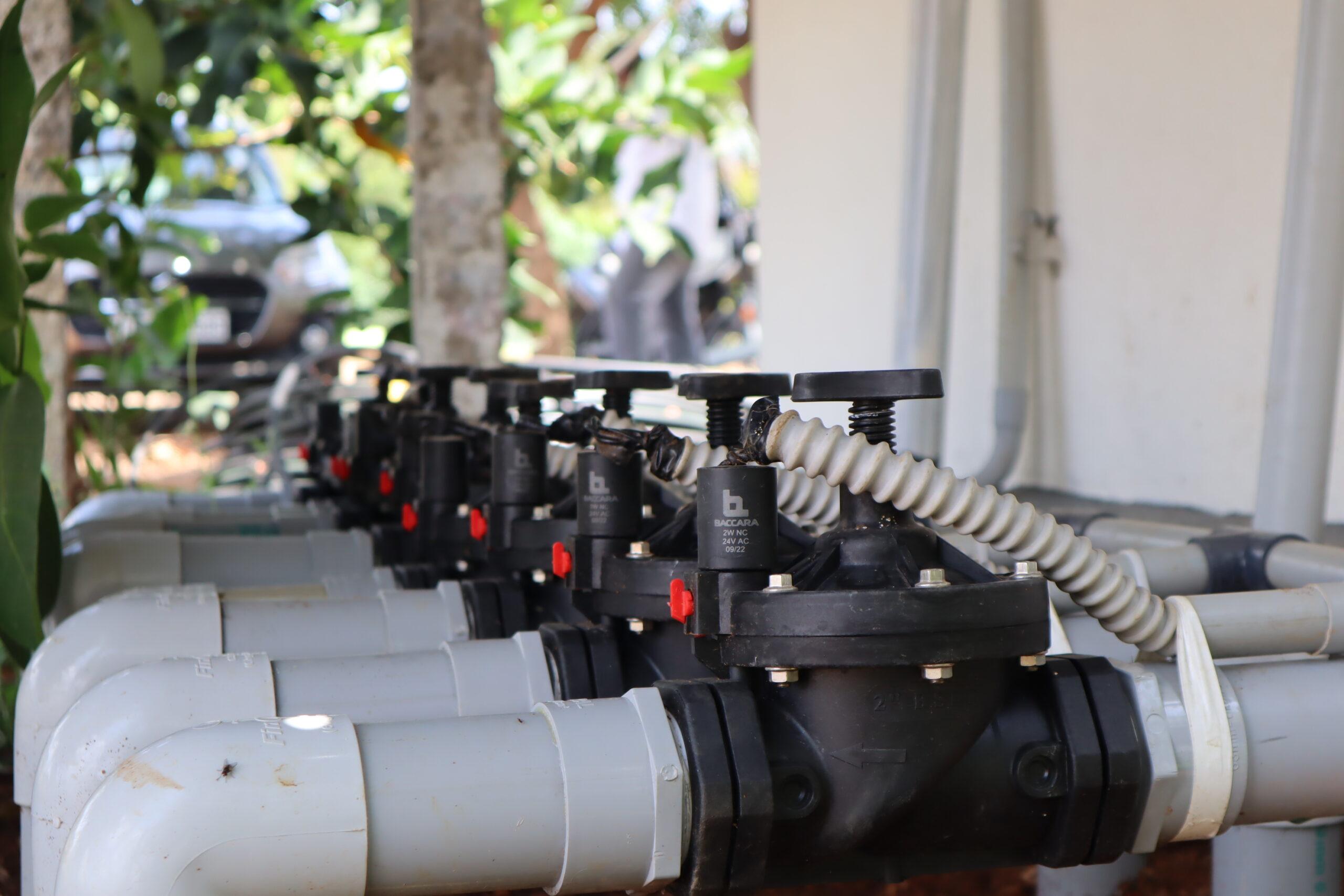
Introduction
As our world faces the pressing challenges of climate change, water scarcity, and food security, it becomes increasingly vital to find innovative solutions for agriculture. Smart irrigation is one such technological advancement that holds great promise for transforming traditional farming methods into sustainable and efficient practices. In this blog, we’ll explore the concept of smart irrigation, its benefits, and how it is revolutionizing the agriculture industry.
What is Smart Irrigation?
Smart irrigation is a modern, data-driven approach to watering crops that leverages technology to optimize the use of water and resources. It involves the integration of various sensors, data analytics, and automation to ensure that plants receive the right amount of water at the right time. This approach is in stark contrast to traditional irrigation systems, which are often inefficient and can lead to overwatering or under-watering, wasting precious resources and potentially harming the environment.
Benefits of Smart Irrigation
- Water Conservation: Perhaps the most significant benefit of smart irrigation is the efficient use of water. By constantly monitoring soil moisture levels and weather conditions, smart irrigation systems can adjust watering schedules in real-time. This not only saves water but also helps in reducing the risk of over-irrigation, which can lead to waterlogging and soil erosion.
- Energy Efficiency: Smart irrigation systems are designed to reduce energy consumption by using variable frequency drives (VFDs) and efficient pumps. They can also be programmed to take advantage of off-peak energy rates, further reducing costs.
- Improved Crop Yield: Precise control over irrigation ensures that crops receive the optimal amount of water and nutrients. This leads to healthier plants and higher crop yields. In a world where food production needs to increase to meet growing demands, smart irrigation plays a crucial role.
- Reduced Labor Costs: Automation in smart irrigation systems reduces the need for constant human monitoring and manual adjustments. This not only saves time but also labor costs, which can be a significant expense for farmers.
- Data-Driven Insights: Smart irrigation systems generate a wealth of data that farmers can use to make informed decisions. By analyzing historical weather and soil data, farmers can fine-tune their irrigation schedules, leading to even more efficient resource usage.
Key Components of Smart Irrigation Systems
- Soil Moisture Sensors: These sensors measure the moisture content in the soil, helping the system determine when and how much to irrigate.
- Weather Stations: Real-time weather data is essential for making irrigation decisions. Weather stations provide information on temperature, humidity, wind speed, and precipitation.
- Automated Valves: These allow for precise control over water distribution. They can be adjusted remotely, eliminating the need for manual valve turning.
- Remote Monitoring and Control: Farmers can access the smart irrigation system through a smartphone, tablet, or computer, making it easy to monitor and control irrigation from anywhere.
Examples of Smart Irrigation Technologies
- Drip Irrigation: Drip irrigation is one of the oldest forms of smart irrigation, where water is delivered directly to the base of each plant, minimizing water wastage.
- Satellite Imagery: Advanced systems use satellite imagery to assess crop health and identify areas that need more or less water.
- Artificial Intelligence (AI): AI algorithms can analyze data from various sensors and make real-time irrigation decisions, reducing human intervention.
Challenges and Considerations
While smart irrigation holds great promise, there are some challenges to consider:
- Initial Costs: Smart irrigation systems can be expensive to install and set up. However, the long-term savings often justify the initial investment.
- Technical Know-How: Farmers need to be comfortable with technology or receive proper training to operate and maintain these systems.
- Data Security: As with any technology, data security is a concern, particularly when using remote monitoring and control.
Conclusion
Smart irrigation is a game-changer for agriculture. It not only conserves water and resources but also contributes to higher crop yields and improved farm profitability. As we continue to grapple with the effects of climate change and an increasing global population, the adoption of smart irrigation technologies becomes crucial to ensure the sustainability and resilience of our food supply. The fusion of nature and technology is helping us grow our future, one efficient drop of water at a time.


